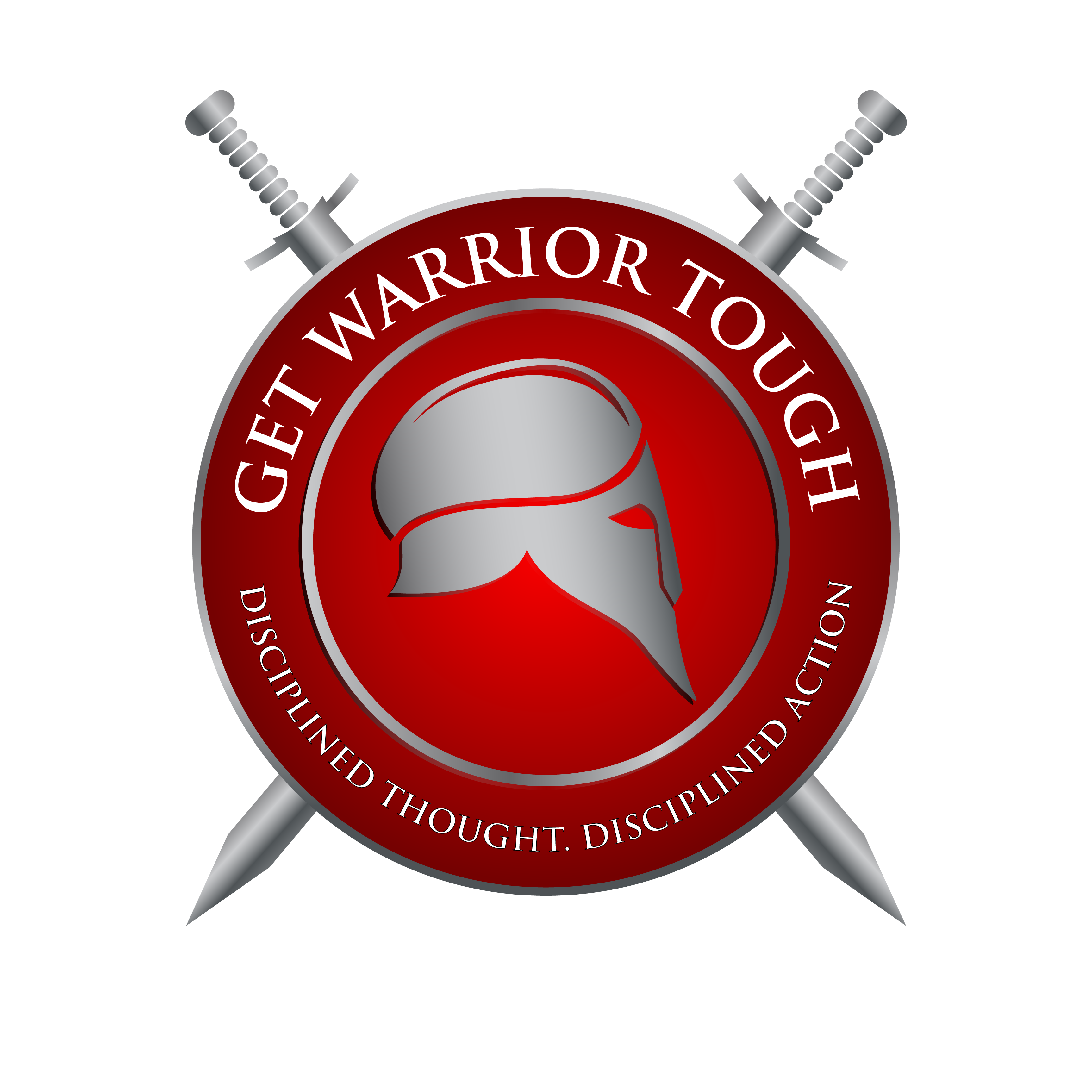Critical Thinking Tools: ACCURACY
Once we have mental clarity, and have become precise, we must drill down further to ACCURACY. Yesterday, I ended with a quip about how imprecision could lead to overdraft fees on the old bank account. The next step is making sure the numbers are actually true. We could be clear and precise, “there’s $1500.00 in the account” but inaccurate, “the bank shows there’s $1498.79 in the account”. You write a check for the imprecise amount of $1500.00. BOING! Yikes! Even with overdraft protection the bank is going get you for $35.00.
I see this often with folks who know they need to lose weight. They are clear they need to lose weight because the extra pounds are hurting their health. They are precise when talking about the issue, “I need to lose 10 pounds”. But being accurate in that number is too painful to articulate. The more accurate number would be upwards of 20 pounds or 30 pounds. We all do it, so I’m not throwing stones. It’s human nature to blur the lines of accuracy. It’s not that we are consciously trying to lie about things, it just too harsh to face the cold hard facts, at times.
I ask myself these questions whenever I find myself prevaricating:
Is that really true and factual? (“I can run a mile 6 minutes flat.”)
How can I check to see if what I’m about to say is accurate? (Ummmmm, have someone time my run on a certified track.)
How can I find out if that is true? (If I claim to do the dishes once a week, I can keep a journal and track accurately if this is true.)
How can I verify that statement? (I always ask myself this question whenever ANYONE makes a statement, especially if they are selling me something, or it’s on the internet! “He’s a French Model.” “Bon Jour”.)
Boo Yah!!



